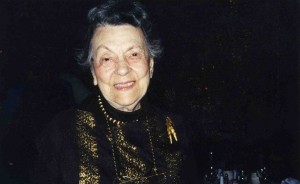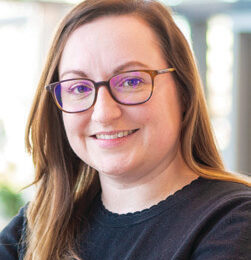 In today’s world of iPods and plasma screen TVs, the idea of a traveling “circus” showcasing electric appliances like irons, refrigerators and vacuum cleaners seems inconceivable.
In today’s world of iPods and plasma screen TVs, the idea of a traveling “circus” showcasing electric appliances like irons, refrigerators and vacuum cleaners seems inconceivable.
Yet, almost 70 years ago, these educational Farm Shows, nicknamed “circuses” because they were usually held outdoors under large tents, were popular events throughout rural America. As many as 10,000 people would flock to a Farm Show, eager to learn about the time-saving appliances they were now able to use thanks to recently available rural electrification.
In today’s world of iPods and plasma screen TVs, the idea of a traveling “circus” showcasing electric appliances like irons, refrigerators and vacuum cleaners seems inconceivable.
Yet, almost 70 years ago, these educational Farm Shows, nicknamed “circuses” because they were usually held outdoors under large tents, were popular events throughout rural America. As many as 10,000 people would flock to a Farm Show, eager to learn about the time-saving appliances they were now able to use thanks to recently available rural electrification.
The originator of the Farm Show program was Louisan Mamer, one of the first employees of the Rural Electrification Administration (now known as the Rural Utilities Service). Hired by the REA in the fall of 1935, she hit the road in 1938, a trailer filled with appliances in tow, touring the country under a grueling schedule until 1941. When the “circus” folded due to the impending world war, Mamer had visited 26 states and educated more than a million rural Americans.
This past Christmas Eve, Mamer passed away at the age of 95. I had the opportunity to get to know Mamer back in 1999 at a conference for the Women’s International Network of Utility Professionals, an organization of which we were both members. I had read a great deal about the Farm Shows years prior to our meeting and when “Ms. Mamer” (as she was always called) mentioned her involvement with them, I was in awe! Here I was, chatting with a true rural electric pioneer, someone who was “in the trenches” during our industry’s early days helping to change people’s lives.
In her late 80s during our meeting, she vividly recalled details of her visits to the Midwest during rural electrification’s early years. She remembered the small towns she visited and even the names of the electric cooperative managers she worked with in setting up the shows. “Ms. Mamer” was a huge advocate of electric cooperatives. Rural electrification, she said, would not have been possible without the cooperative form of business and the power of rural people who together worked tirelessly in their communities.
Having grown up without electricity as a Southern Illinois farm girl, she understood how difficult life was before rural America was energized. And so, “Ms. Mamer” did her part to ensure an easier life for other farm families.



